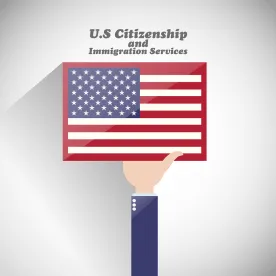U.S. Citizenship and Immigration Services (USCIS) announced the extension of its suspension of premium processing for all H-1B cases subject to the annual quota (also known as “cap cases”) for fiscal year 2019. The suspension was initially slated to end on September 10, 2018, but the end date has been pushed back until February 19, 2019, to help USCIS reduce the current H-1B backlog. USCIS also announced that, as of September 11, 2018, it will be expanding the suspension to include types H-1B petition types that were not covered by the original suspension.
Premium processing is not available for the following H-1B petitions through February 19, 2019:
-
H-1B cap cases;
-
As of September 11, 2018, all H-1B petitions filed at the Vermont and California Service Centers, including:
-
H-1B petitions to amend existing H-1B status
-
H-1B petitions to request a change of employer
-
H-1B petitions to change status
-
Premium processing is still permitted for the following petitions:
-
Requests for change of employer or petitions to amend H-1B status if received by September 10, 2018 (
-
H-1B petitions filed with the Nebraska Service Center requesting extensions of status with no change of circumstance and the same employer
-
H-1B petitions filed with the California Service Center by a cap-exempt employer or for a beneficiary that will be employed at a cap-exempt organization, entity, or institution
Requests for premium processing for suspended petition types will be rejected. Petitioners who submit joint checks for the premium processing fee and the H-1B petition run the risk that both forms will be rejected.
USCIS also noted that it will issue refunds for premium processing requests filed prior to September 11, 2018, if USCIS fails to take adjudicative action within the 15 calendar-day processing period, raising the concern that USCIS may not honor all of the requests for premium processing it receives, even if timely filed.
In the event that there are extenuating circumstances, employers may request expedited processing of a case if they can demonstrate that the case meets the specific criteria established by USCIS, such as severe financial loss to the person or company or humanitarian reasons.




 />i
/>i

